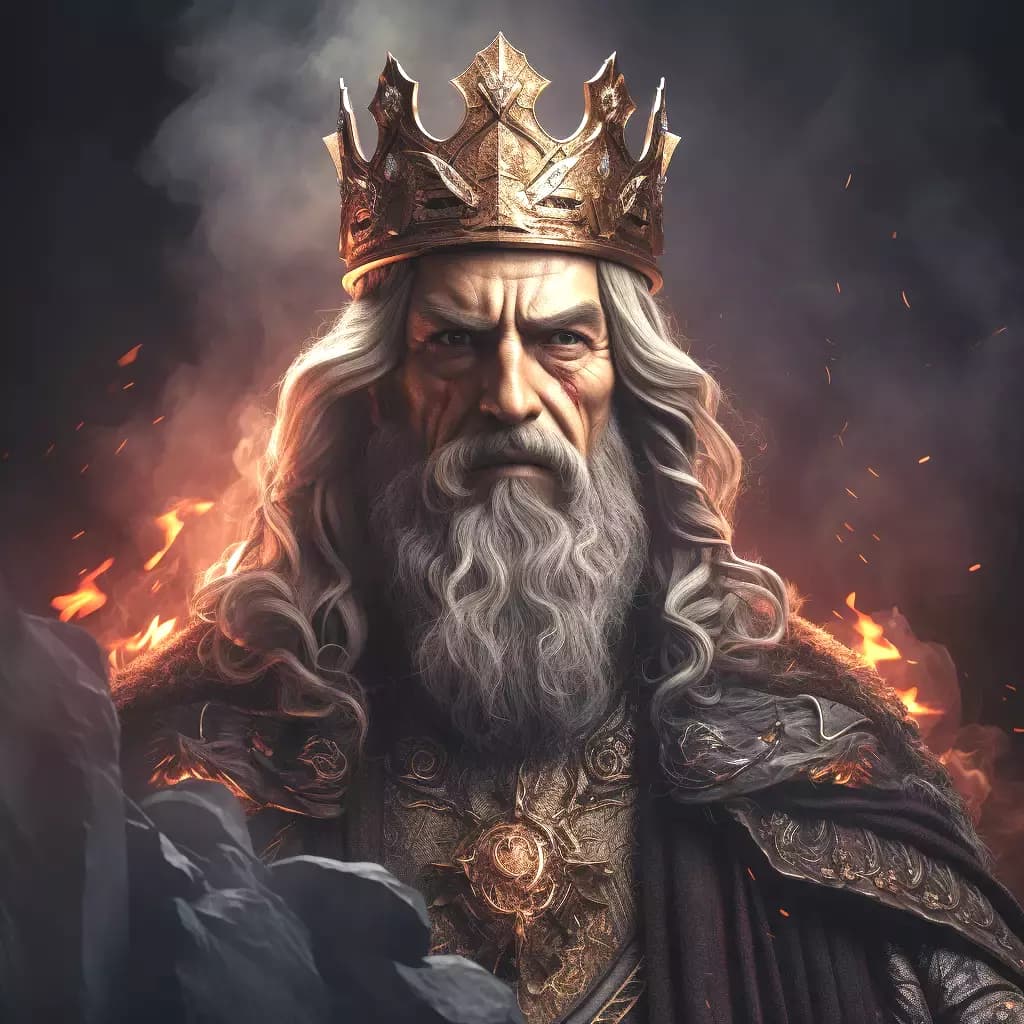The story of Nebuchadnezzar

Nebuchadnezzar II was a king of the Neo-Babylonian Empire who ruled from 605 BC to 562 BC. He is one of the most well-known figures in the Bible, particularly in the books of Jeremiah and Daniel. Nebuchadnezzar is famous for his conquests and his role in the destruction of the First Temple in Jerusalem. He was known for his military prowess and his building projects, including the Hanging Gardens of Babylon, which were one of the Seven Wonders of the Ancient World. Nebuchadnezzar was the son of Nabonidus and the father of Evil-Merodach. He was born in Babylon, which was the capital of the Neo-Babylonian Empire, and died there as well. In the Bible, Nebuchadnezzar is also famous for his encounter with the prophet Daniel. According to the book of Daniel, Nebuchadnezzar had a dream that he could not understand, and Daniel was able to interpret it for him. This event helped to establish Daniel's reputation as a wise man and a prophet of God. Nebuchadnezzar is considered an important figure in both biblical history and ancient Near Eastern history, and his reign and accomplishments continue to be studied and remembered today.
Name meaning
The name "Nebuchadnezzar" is derived from the Akkadian language, in which it is spelled "Nabû-kudurri-uṣur." The name translates to "Nabu, protect my heir" or "Nabu, protect the boundary." Nabu was a Babylonian deity associated with wisdom and writing. Nebuchadnezzar is most famously known as the name of two kings of the Neo-Babylonian Empire, especially Nebuchadnezzar II, who reigned from 605 to 562 BC and was notable for his military conquests and grand building projects, including the Hanging Gardens of Babylon, one of the Seven Wonders of the Ancient World.
Name origin
Akkadian
Role
King of Babylon
First mention
2 Kings 24:1
Appearances in the Bible
57 mentions
In Hebrew
נבוכדנצר